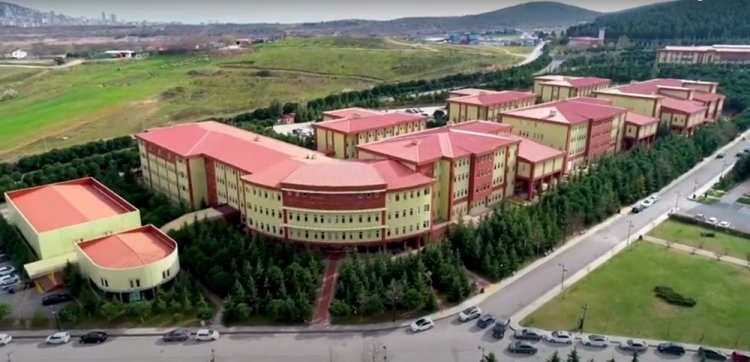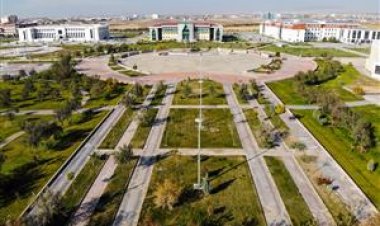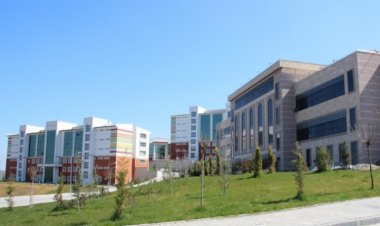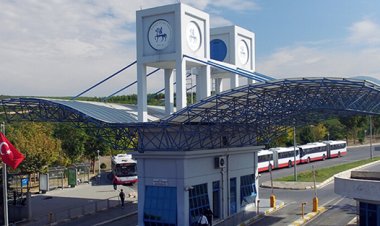Estrogen and androgen hormone levels modulate the expression of PIWI interacting rna in prostate and breast cancer
Estrogen and androgen hormone levels modulate the expression of PIWI interacting rna in prostate and breast cancer Öner, Çağrı; Turgut Coşan, Didem; Çolak, Ertuğrul PIWI interacting RNAs (piRNAs), a member of non-coding RNA, originate from intergenic repetitive regions of the genome. piRNA expressions increase in various cancers and it is thought that this increase could be caused by hormones. We aimed to determine the effects of hormones on piRNA expression in breast and prostate cancer. High viability and a decrease in adhesion were observed at the concentrations of the highest proliferation. Furthermore, an increase in adhesion was also observed in MDA-MB-231 cells. After hormone treatment, while piR-651 expression had increased both breast and prostate cancer cell lines, piR-823 expressions increased in prostate cancer cell lines and only in the breast cancer cell line which was malignant. Thus, it was determined that piR-823 might show different expressions in different type of cancers.

Estrogen and androgen hormone levels modulate the expression of PIWI interacting rna in prostate and breast cancer Öner, Çağrı; Turgut Coşan, Didem; Çolak, Ertuğrul PIWI interacting RNAs (piRNAs), a member of non-coding RNA, originate from intergenic repetitive regions of the genome. piRNA expressions increase in various cancers and it is thought that this increase could be caused by hormones. We aimed to determine the effects of hormones on piRNA expression in breast and prostate cancer. High viability and a decrease in adhesion were observed at the concentrations of the highest proliferation. Furthermore, an increase in adhesion was also observed in MDA-MB-231 cells. After hormone treatment, while piR-651 expression had increased both breast and prostate cancer cell lines, piR-823 expressions increased in prostate cancer cell lines and only in the breast cancer cell line which was malignant. Thus, it was determined that piR-823 might show different expressions in different type of cancers.

 Bilgi
Bilgi 














